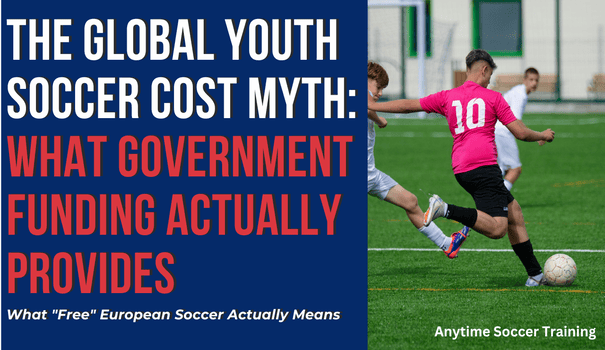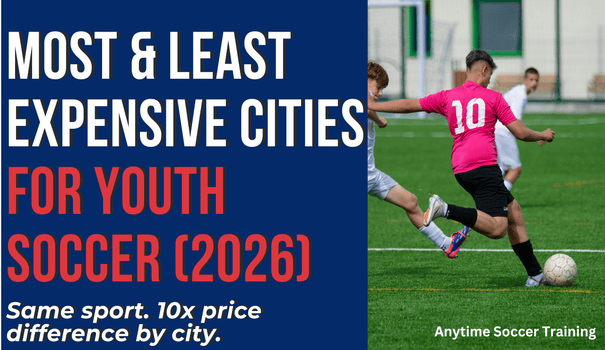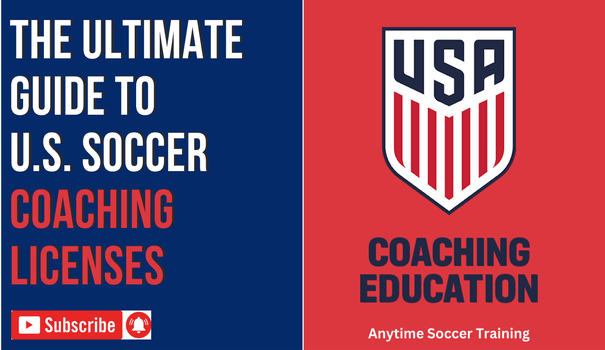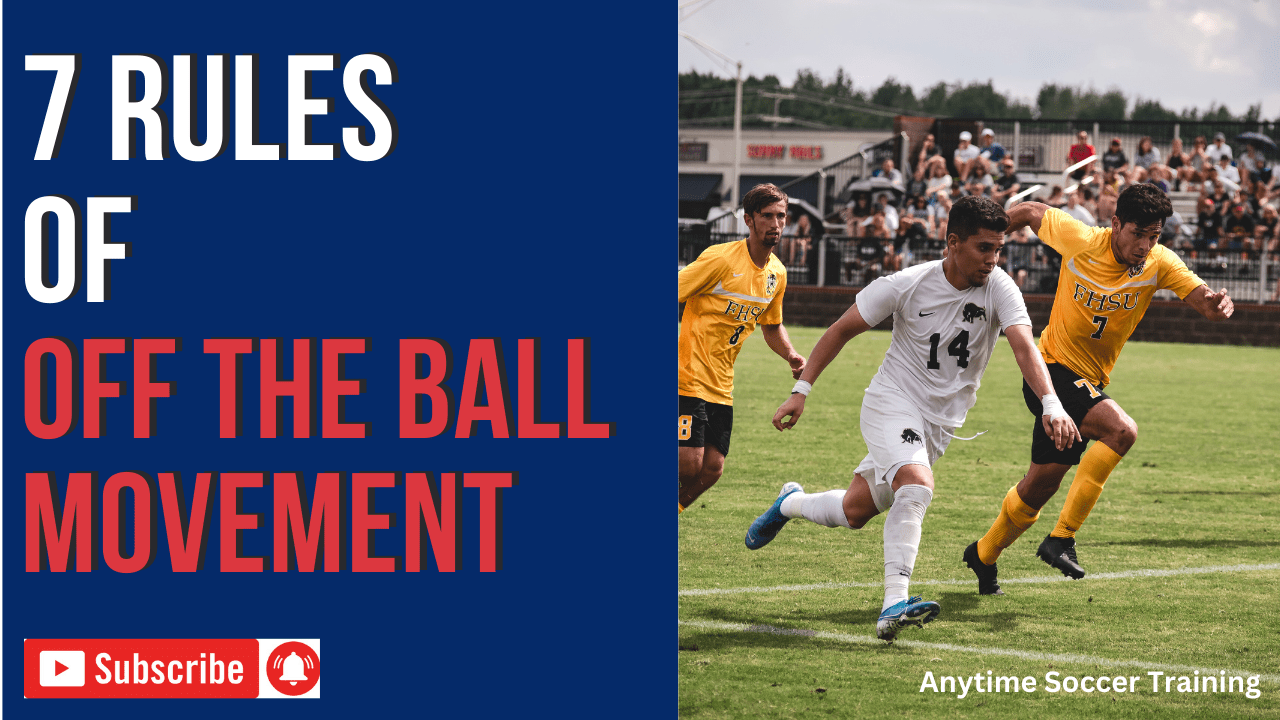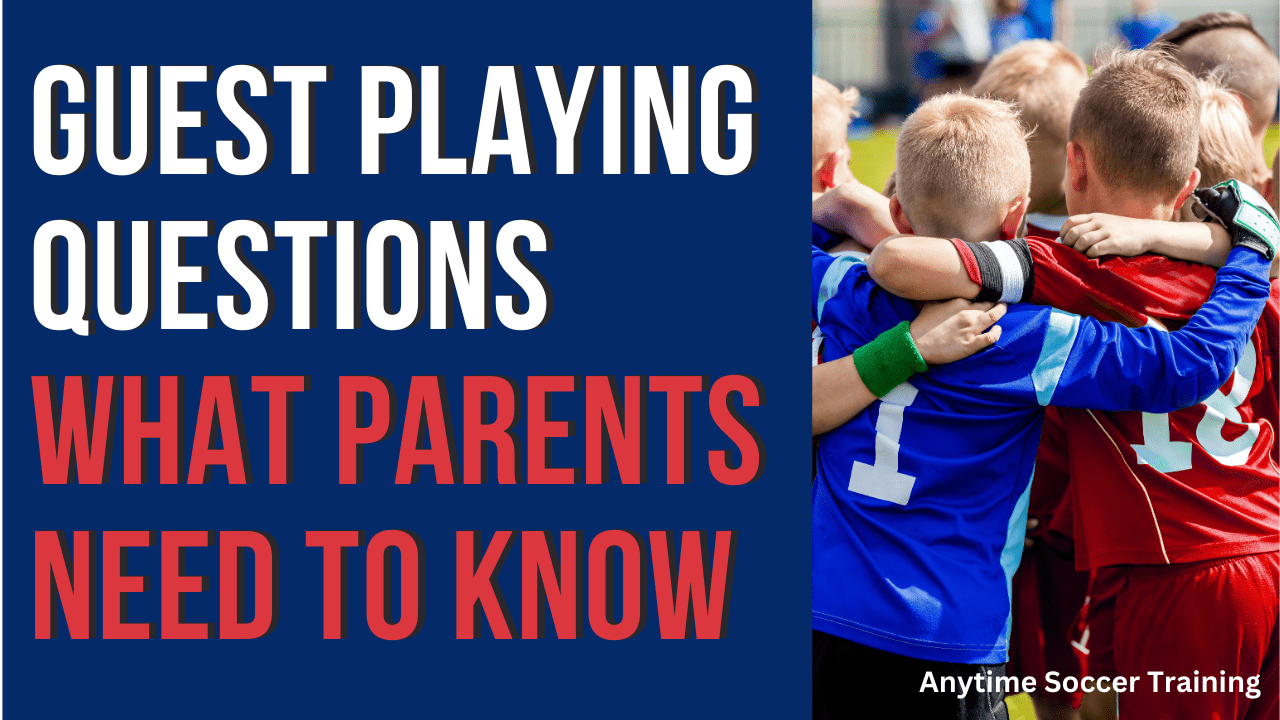
As many of you know, I’m passionate about helping parents navigate the ins and outs of youth soccer. Over the years, I’ve received a lot of questions, particularly about guest player opportunities.
These can be a great way for young players to gain experience, get exposure, and explore different teams or tournaments. In today’s episode, I’ll answer some of the most common questions parents have about guest playing, fees, and what to expect.
Youth Soccer Guest Player Opportunities
First, I want to share something I created to help parents like you. It’s a Facebook group called the Youth Soccer Guest Player Opportunities Group.
The purpose of this group is simple: it connects players and parents looking for guest player opportunities with coaches, club directors, and tournament directors offering them.
I came up with this idea when my older son joined a smaller club that didn’t participate in high-profile leagues or major tournaments at the time.
While I liked the club’s culture and training, I realized there was a gap in access to competitive opportunities.
So, I started this group to fill that gap—allowing parents and players to discover guest player opportunities for their kids and connect with those who are hosting them.
Carding Bodies in Youth Soccer
When discussing guest playing, it’s important to understand the role of the different carding bodies in youth soccer. These organizations are responsible for registering players and overseeing the governance of youth soccer leagues.
Each body issues cards, which are essentially proof that a player is officially registered with a team, and it determines where and how a player can participate.
In the U.S., there are several key carding bodies:
1. U.S. Soccer Federation (USSF)
U.S. Soccer is the national governing body for soccer in the U.S. and is responsible for overseeing the majority of soccer-related activities. Within this framework, there are different affiliations:
- US Youth Soccer (USYS): This is one of the largest sanctioning bodies for youth soccer in the U.S. It provides registration and carding services for players who participate in youth soccer leagues across the country.
- U.S. Club Soccer: This body governs a variety of leagues, including many competitive and high-profile ones. They issue their own cards for players within their system, which are recognized for guest playing opportunities in tournaments and across different leagues.
2. State Associations
Every state has its own soccer association, which provides local governance and registration. These associations issue player cards for local and regional competitions, and they coordinate with U.S. Soccer or U.S. Club Soccer to ensure players are registered and properly carded.
3. International Cards
If your child is moving between countries, an international transfer certificate (ITC) may be necessary. This applies particularly to players from countries outside the U.S. or Canada who want to join a U.S.-based team.
The ITC is managed through national soccer associations, like Canada Soccer for example, and is necessary for the transfer of a player’s registration from one country to another.
Common Questions About Guest Playing
Now, let’s dive into some of the most common questions I’ve received.
1. What Does it Cost to Guest Play?
One of the biggest concerns for parents when considering guest playing is the cost. As I’ve mentioned before, the costs can vary depending on the situation. In most cases, coaches are just happy to have a player join their team, and they’ll cover the bulk of the expenses—like uniforms and tournament entry fees. However, sometimes there are additional charges.
For example, a coach might ask for a contribution toward the cost of the coach’s trip or the team’s expenses, which can be divided among the players. This is usually communicated upfront, so there are no surprises. Just remember, when it comes to money, always ask for the expectations in writing to ensure everyone is on the same page.
2. Can I Guest Play If My Child Is from Canada?
I’ve had a lot of parents ask if it’s possible for their child, particularly if they’re from Canada and Mexico to guest play in the U.S. during the soccer season, which typically runs from April to October. The short answer is yes, guest playing across borders is generally allowed.
However, there are a few things to keep in mind. Most leagues, including MLS Next and ECNL, have rules about guest players. While you can guest play in tournaments without issue, league games tend to be more restrictive. In these cases, coaches might be hesitant to add a guest player to their league roster, especially if it’s a regular season match.
Related: Guest Playing ECNL and MLS Next
From a personal experience, my son, who was part of an MLS academy, guest played in some of their league games as part of an arrangement where both the coach and the players were aware of the situation. In short, being a strong player can open up more guest-playing opportunities.
3. What Happens Once My Child is Carded with a Team?
Once your child is carded with a team (meaning they’re officially registered with that club), that card belongs to the team, not you as the parent.
However, if you want to guest play for another team or attend a tournament, the club will often provide to card to the hosting team for that purpose.
They don’t usually have a problem with it, but you’ll need to make sure all the necessary paperwork is taken care of, such as a release form from the club.
This card will be valid for tournament and league play, and it’s essential to check with the club about any restrictions or expectations before using it for guest playing. Sometimes, you might need to submit an international transfer certificate (especially for players from abroad) or other documentation. While this sounds complicated, it’s typically a straightforward process, and clubs are familiar with handling these situations.
4. How Do Guest Players Fit into a Team’s Roster?
There are two main situations to consider:
1. Your child is not already registered with a team. In this case, even though your child is guest playing, the governing body will treat them as a permanent member of the hosting team because they are not registered with any other team. Essentially, they become a full member of that team for the event or tournament.
2. Your child is already registered with another team. In this case, they are considered a guest player for the team they are temporarily playing for. Some leagues, such as the ECNL, prohibit guest playing in league play and showcases.
However, other leagues may allow it. You will need to clarify the specific rules with the league and ensure that all communication with other parents is clear, so everyone understands your child’s guest player status.
5. How Do I Ensure Everything is Set Up Properly?
If you’re unsure about anything, especially regarding costs or paperwork, always ask questions up front. Whether it’s about fees, travel logistics, or whether your child is expected to contribute to team expenses, make sure everything is clear before you commit to guest playing.
This is a good rule of thumb for any aspect of soccer: being proactive about getting information helps avoid surprises. If you’re unclear about the guest player process or any requirements, don’t hesitate to ask the coach, the club, or even the tournament director. They should be more than happy to clarify what’s expected.
Final Thoughts
In conclusion, guest playing is a great way for your child to gain exposure and experience in competitive environments. While it can seem complicated, it’s mostly about understanding the paperwork and being proactive in communicating with coaches.
Whether you’re from Canada or the U.S., as long as your child has the right card and clearance, the opportunities are there. Just make sure to clarify any expectations and get all necessary documents in order.
I hope this answers some of the most common questions I’ve received. If you have any other questions, feel free to reach out to me directly or join the Youth Soccer Guest Player Opportunities Group for more support and information.



